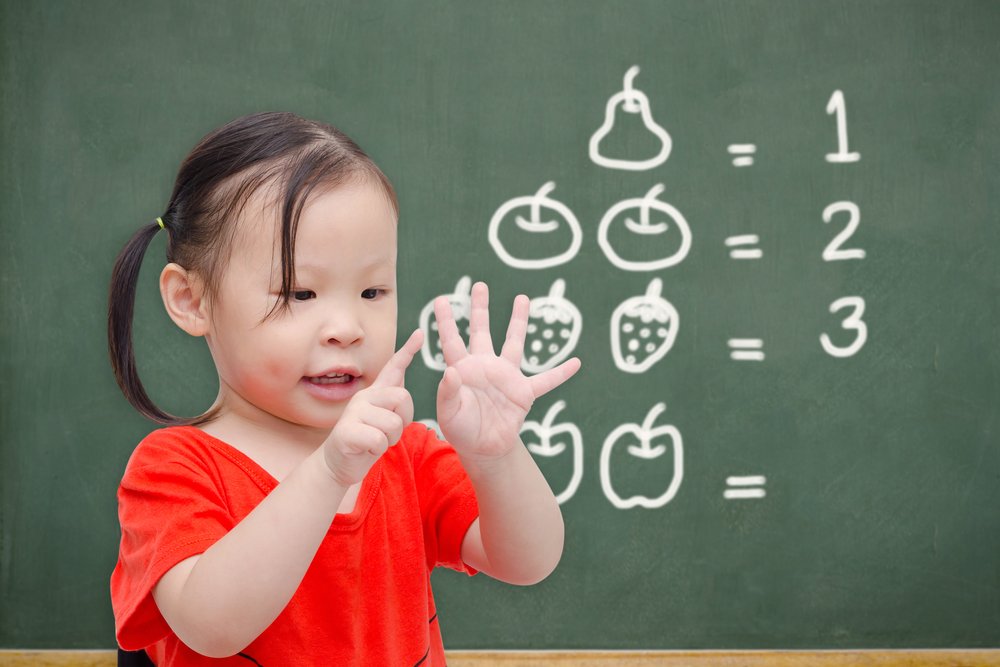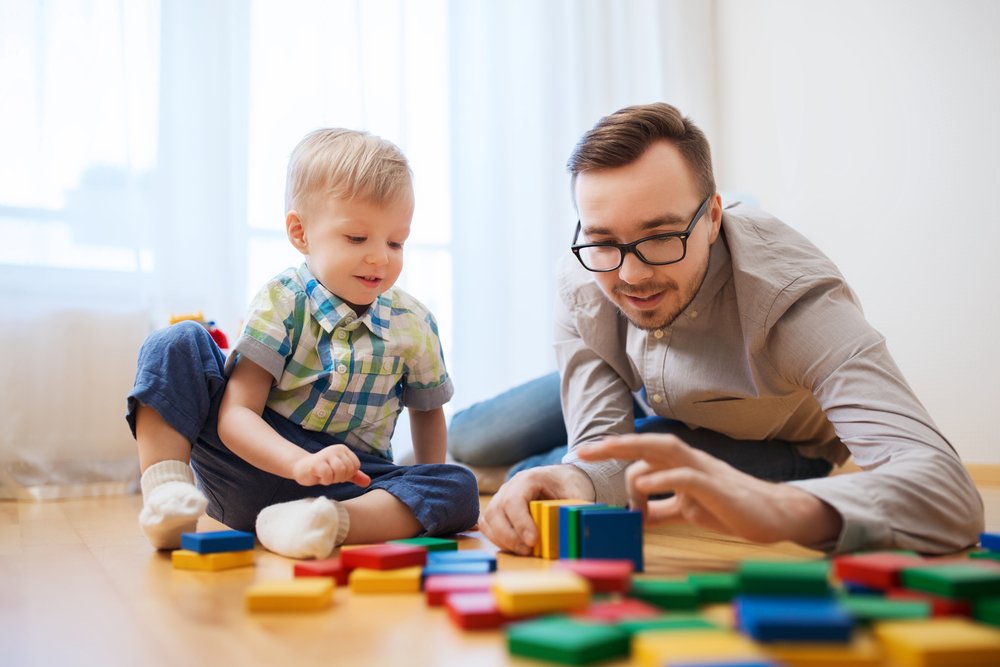
Rhymes and tongue twisters
Key points: Babies learn language from listening to people around them, and as they get older, they start to comprehend…
[cat_cust_menu]

Key points: Babies learn language from listening to people around them, and as they get older, they start to comprehend…

Key points: Language development in early childhood involves exposure to language and the natural emergence of grammar rules. Overregularization is…

Key points: Grammar development starts at a young age and is crucial in helping children express their ideas clearly. Exposure…

Key points:1. Children’s language development progresses in distinct stages during the first few years.2. Babies start with vowel and guttural…

Key points: Conversational turn-taking is crucial for language development in children between 18 and 24 months. Children engaged in conversations…

Key points: 1. Literacy involves more than just reading; it includes writing, learning, comprehension, and spelling. 2. Early literacy development…

Key points: Plural form of a noun indicates that we are talking about more than one person or object. Regular…

Key points: Pronouns are words that replace specific nouns and give information about gender or number. There are different types…

Key points: Children typically begin using verbs or action words in their second year of life, which is an important…

Key points:1. Nursery rhymes prepare children for learning to read by teaching phonemes and spelling.2. Phonological awareness is the first…

Key points:1. Children naturally learn language and grammar rules through use.2. They acquire the specific dialect of those around them.3….
Subscribe to our newsletter and join Kinedu’s community